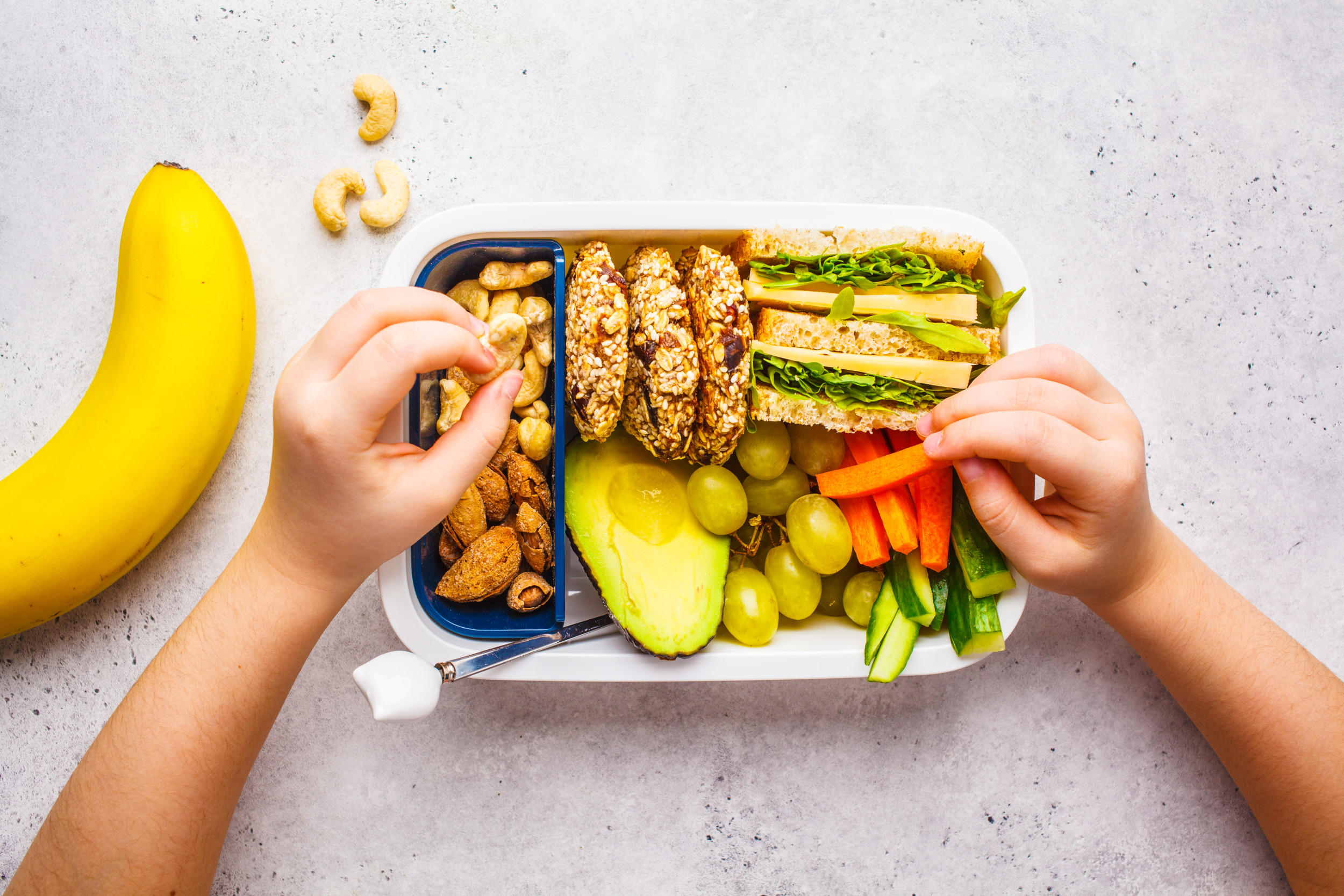New research has uncovered some surprising links between certain foods and the risk of developing type 1 diabetes in children. Presenting at the European Association for the Study of Diabetes (EASD) conference in Spain, scientists found that diets high in oats, rye, and specific fruits may raise this risk.
Conversely, consuming fruits such as berries has been associated with a lower likelihood of developing type 1 diabetes. Interesting, right?
Type 1 diabetes occurs when the immune system mistakenly attacks and destroys insulin-producing cells in the pancreas, leading to insufficient insulin production. This autoimmune condition typically manifests in children or young adults but can develop at any age. Managing type 1 diabetes requires lifelong insulin treatment and can lead to serious health complications.
Professor Suvi Virtanen from the Finnish Institute for Health and Welfare shared, “Type 1 diabetes is a significant burden on patients and their families, with considerable healthcare costs, potentially around 1 million euros per patient in Finland.”
The study involved analyzing the diets of over 5,600 children in Finland, all genetically predisposed to type 1 diabetes, from birth to age six. Out of these children, 94 developed the condition, while another 206 showed early signs of islet autoimmunity.
Unique to this study, the researchers looked at a child’s complete diet. They found that higher consumption of oats, rye, fermented dairy, bananas, and wheat correlated with a greater risk of type 1 diabetes. Meanwhile, those who consumed more berries—including strawberries and blueberries—tended to have a decreased risk.

As Professor Virtanen explains, “Berries are rich in polyphenols, which may help reduce the inflammation linked to type 1 diabetes.” In contrast, other fruits might contain harmful substances absent in berries.
Interestingly, cruciferous vegetables like broccoli, cauliflower, and cabbage also showed a protective effect against type 1 diabetes.
However, it’s still early to draw definitive conclusions about these findings. Professor Virtanen cautioned that many foods associated with increased risk are typically considered healthy. “Before anyone changes their child’s diet based on this study, we need more research to back up these initial results.”
Experts agree that while this research is intriguing, it should be viewed as an initial exploration of food’s connection to type 1 diabetes risk, not immediate dietary advice. “The study is observational,” noted Kevin McConway, an emeritus professor of statistics at the Open University in the UK. “The children weren’t placed on specific diets; they ate what they normally would.” And importantly, the study hasn’t been published in a peer-reviewed journal yet.
References
Virtanen, S. M., et al. (2024). Food consumption associated with the risk of islet autoimmunity and type 1 diabetes. EASD Annual Meeting, Madrid, Spain.
